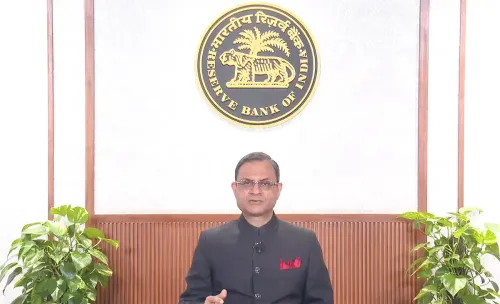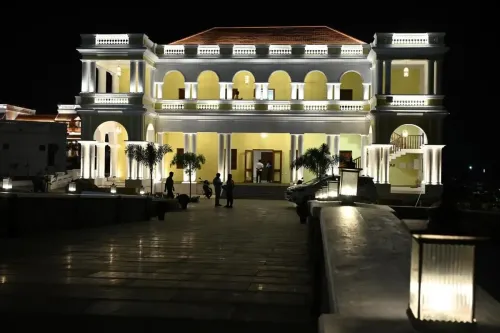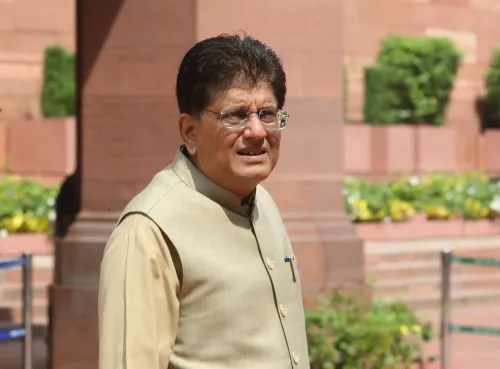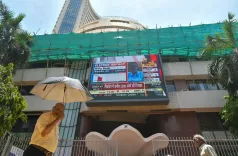Is Annamalai Right About BrahMos and Global Interest?
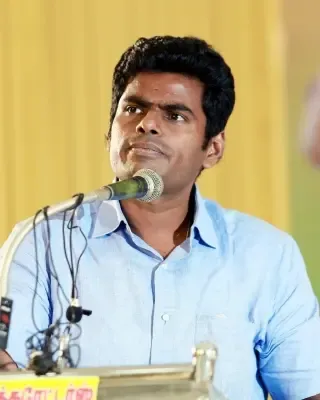
Synopsis
Key Takeaways
- India's defense manufacturing is gaining global recognition.
- BrahMos missile has sparked interest from multiple countries.
- Self-reliance in defense production is a priority for the Modi government.
- Cultural and civilizational values are seen as India's greatest strengths.
- Transition from Western reliance to indigenous capabilities is emphasized.
New Delhi, June 1 (NationPress) Senior BJP leader K. Annamalai highlighted India's growing global prominence in defense manufacturing and commended the country's civilizational values as its most enduring strength.
During a public forum, Annamalai pointed out the surging international interest in India's defense technologies, especially the BrahMos supersonic cruise missile.
“Every single day -- as you all know -- the most effective spokesperson for the BrahMos missile is the Prime Minister of Pakistan. He has practically become our ambassador,” Annamalai remarked, eliciting applause from the audience.
He referenced a recent statement by Pakistan Prime Minister Shehbaz Sharif in Azerbaijan, noting, “They were allegedly planning an attack after their prayers -- much like what JD Vance had mentioned. However, India responded one or two hours earlier, and the BrahMos strike severely undermined their credibility. Following Operation Sindoor, reports indicate that 16 countries have shown interest in acquiring BrahMos missiles for their armed forces.”
The BJP leader praised the Modi administration’s commitment to self-sufficiency in defense, citing record production figures.
“For a long time, we were captivated by Western nations, believing their military technologies were vastly superior. Consequently, Indian defense firms were neglected. But under Prime Minister Narendra Modi ji, the defense sector has been more accessible than ever. In the financial year 2024-25, India’s defense production has reached Rs 1.46 lakh crore,” he stated.
Transitioning from defense to deeper civilizational themes, Annamalai reflected on India’s spiritual landscape. “In our tradition, we connect humanity to the cosmos. Our civilizational strength lies in the fact that no singular sacred site claims exclusivity. This is why we have 51 Shakti Peethas and 12 Jyotirlingas throughout the country. Every region is sacred, every place is unique,” he explained.
In conclusion, Annamalai asserted, “This civilizational unity -- interwoven through our culture and spirituality -- is India’s greatest strength, even more so than our borders secured by drones, armies, and advanced weaponry.”


